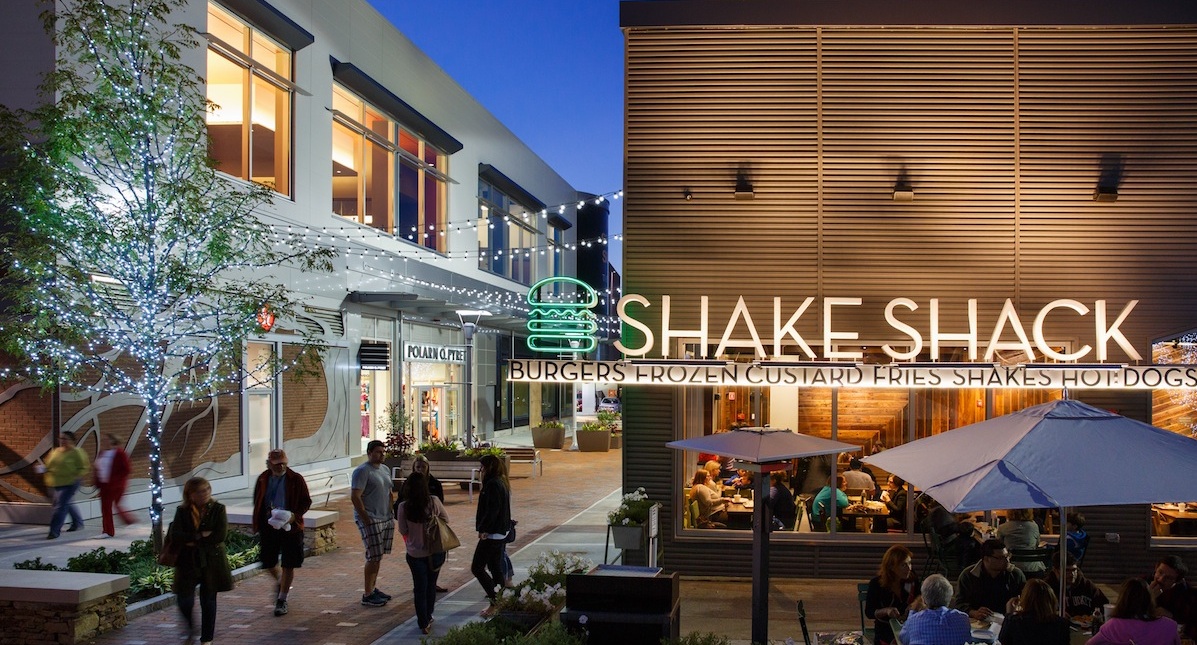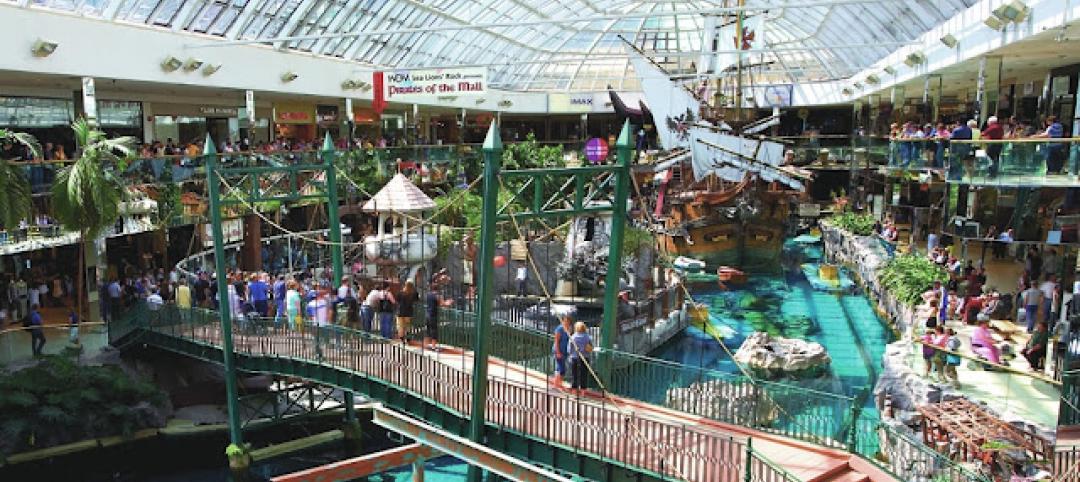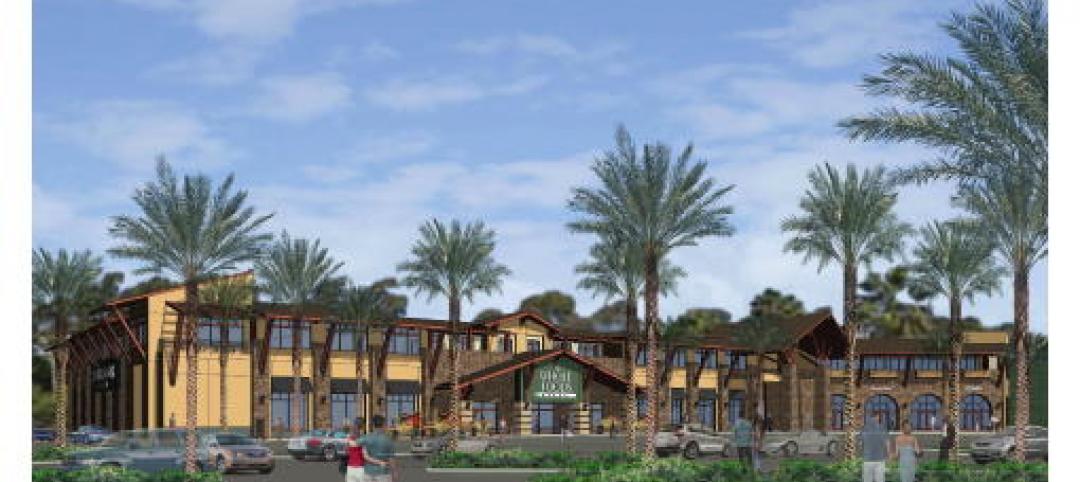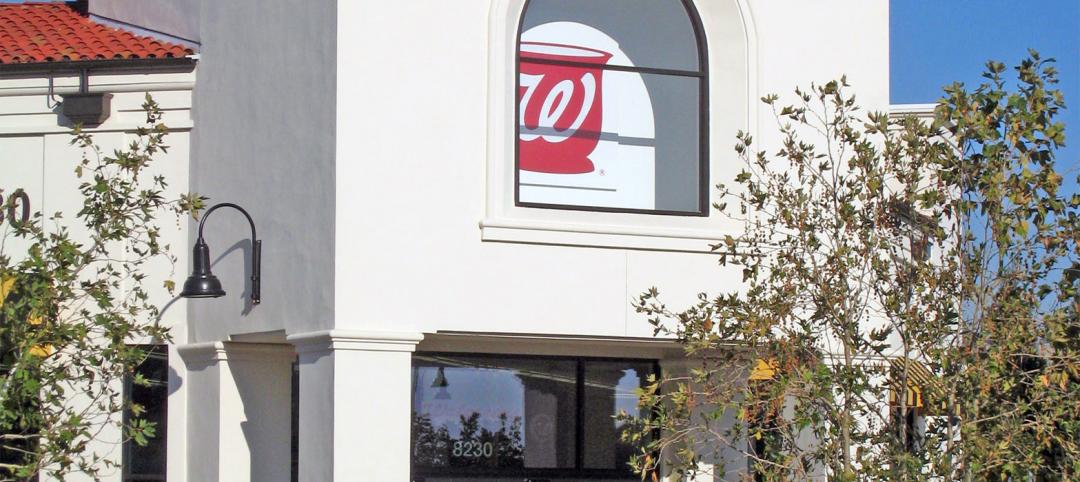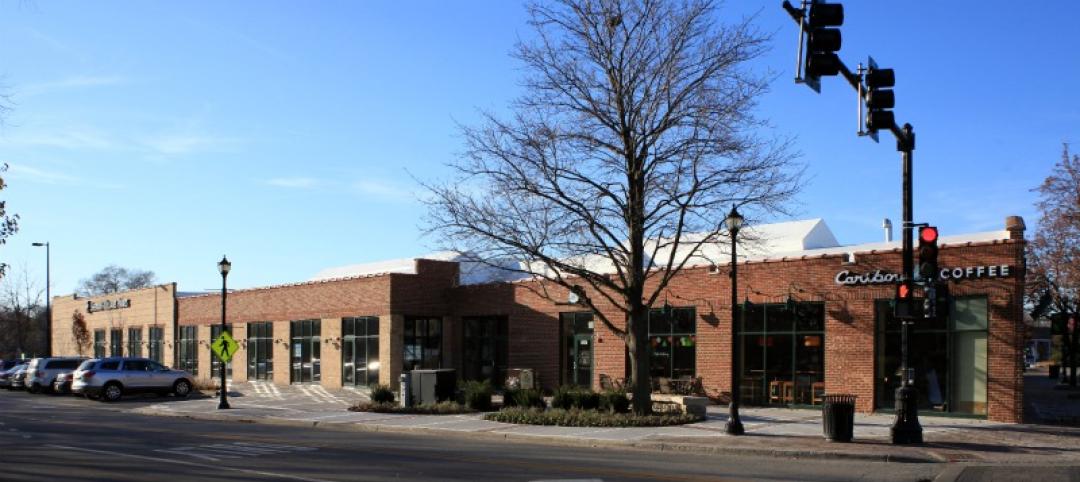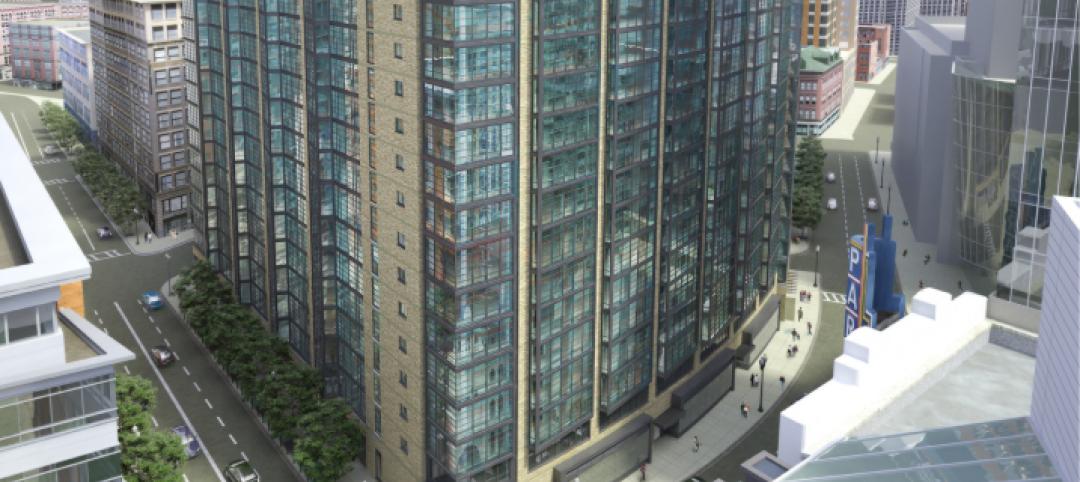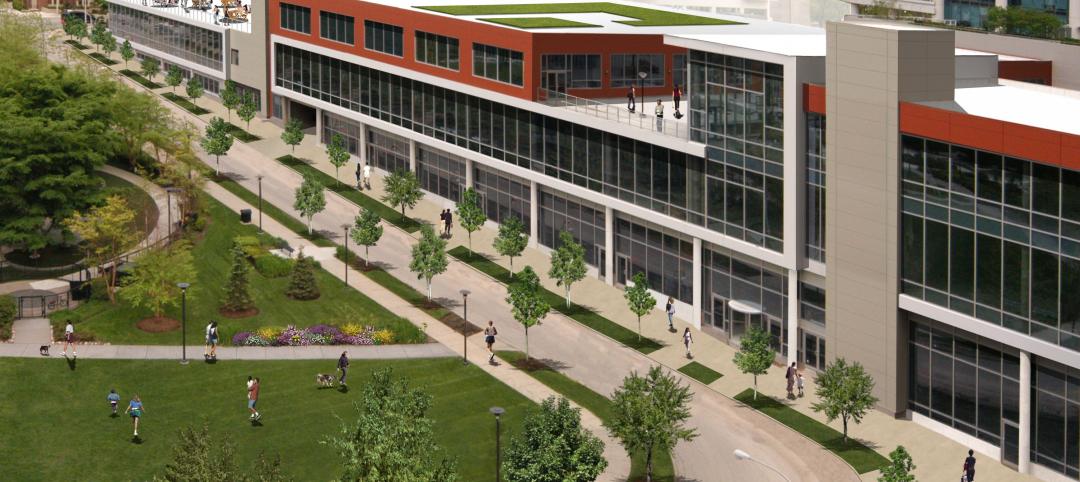An estimated 140 million sf of shopping center space was built in the U.S. between 2002 and 2008, according ChainLinks Advisors’ Fall/Winter 2013 Retail Review & Forecast. Since then, retail construction has slowed, even as the U.S. remains the world’s largest market in shopping center space, accounting for two-thirds of total gross leasable area tracked by Cushman & Wakefield, according to its latest Global Shopping Center Development Report.
Retail net absorption totaled 109.8 million sf in 2014, according to JLL’s Fourth Quarter 2014 Retail Outlook. Last year exhibited the strongest absorption rate since 2008. But deliveries, at 60.6 million sf, still fell well below absorptions. JLL reported that 55% of last year’s construction activity was “general retail,” consisting of single-tenant freestanding general commercial buildings with parking. Shopping centers accounted for 19.2% of retail construction, malls 18.1%, power centers 4.4%, and specialty retail centers 3.3%.
New York, Miami, and Washington, D. C., showed the highest absorption rates and rent growth. Combined, they accounted for more than two million sf of storefront construction, or about 7% of the U.S. total last year.
Retailers could be doing a better job of meeting customer expectations. The latest American Customer Satisfaction Index, based on surveys of 70,000 customers, found that all retail categories, with the exception of online retail, showed weakening or flat customer satisfaction in 2014.
JLL cites a report by the Royal Bank of Canada and Retail Lease Trac, which estimates that U.S. retailers in RBC’s database plan to open a total of 77,547 stores over the next two years. Some of these stores might end up replacing retailers commonly found in malls that have announced hundreds of store closings, including Macy’s, JC Penney, and Sears, as well as Radio Shack and Wet Seal, both of which have filed for bankruptcy protection.
Retailers could be doing a better job of meeting customer expectations. The latest American Customer Satisfaction Index, based on surveys of 70,000 customers, found that all retail categories, with the exception of online retail, showed weakening or flat customer satisfaction in 2014.
Nordstrom, which is among the handful of retailers that mall developers covet most as anchors, registered the highest satisfaction index—86—of any brick-and-mortar dealer tracked, matching Amazon.com’s 86 index. However, department and discount stores registered their lowest index since 2007. ACSI data show that customers were dissatisfied with their layouts, cleanliness, inventory availability, and speed of checkout.
JLL suggests that malls and shopping centers are more effective as destinations when their tenant mix appeals to customers’ lifestyles beyond shopping and includes fitness centers, gourmet cooking shops, and sustainable-product options.
The success of any mall redevelopment hinges on the appeal of its tenants. JLL singles out Nordstrom, Neiman Marcus, and fashion retailers H&M and Forever 21 as “huge draws.” It also notes that entertainment is “essential” to injecting “new vitality” into a shopping center. This can include casual restaurants like Chipolte or Smashburger, luxury movie theaters like iPic, or specialty big boxes like Dick’s Field & Stream.
JLL recommends that as malls reinvent themselves, they should add more green space, lounging areas, and free WiFi. Technology tools like beacons (see www.BDCnetwork.com/beacon) can help a retail center connect more directly with customers. “By tracking the location of shoppers and interacting with them through their mobile devices, landlords and retailers gain greater control over the timing and customization of their marketing messages,” says JLL.
Related Stories
| Feb 8, 2012
Mega-malls expanding internationally
Historically, malls have always been the icons of America – the first mall ever was built in Minneapolis in 1956.
| Jan 15, 2012
Smith Consulting Architects designs Flower Hill Promenade expansion in Del Mar, Calif.
The $22 million expansion includes a 75,000-square-foot, two-story retail/office building and a 397-car parking structure, along with parking and circulation improvements and new landscaping throughout.
| Jan 6, 2012
New Walgreen's represents an architectural departure
The structure's exterior is a major departure from the corporate image of a traditional Walgreens design.
| Jan 6, 2012
Summit Design+Build completes Park Place in Illinois
Summit was responsible for the complete gut and renovation of the former auto repair shop which required the partial demolition of the existing building, while maintaining the integrity of the original 100 year-old structure, and significant re-grading and landscaping of the site.
| Nov 29, 2011
Suffolk Construction breaks ground on Boston residential tower
Millennium Place III is a $220 million, 256-unit development that will occupy a full city block in Boston’s Downtown Crossing.
| Nov 29, 2011
Report finds credit crunch accounts for 20% of nation’s stalled projects
Persistent financing crunch continues to plague design and construction sector.
| Nov 22, 2011
Jones Lang LaSalle completes construction of two new stores in Manhattan
Firm creates new global design standard serving as project manager for Uniglo’s 89,000-sf flagship location and, 64,000-sf store.
| Oct 26, 2011
Shawmut Design and Construction awarded Tag Heuer build in Aventura, Fla.
New store features 1,200 sf fit out at Aventura Mall.
| Oct 3, 2011
Magellan Development Group opens Village Market in Chicago’s Lakeshore East neighborhood
Magellan Development Group and Hanwha Engineering & Construction are joint-venture development partners on the project. The Village Market was designed for Silver LEED certification by Loewenberg Architects and built by McHugh Construction.


